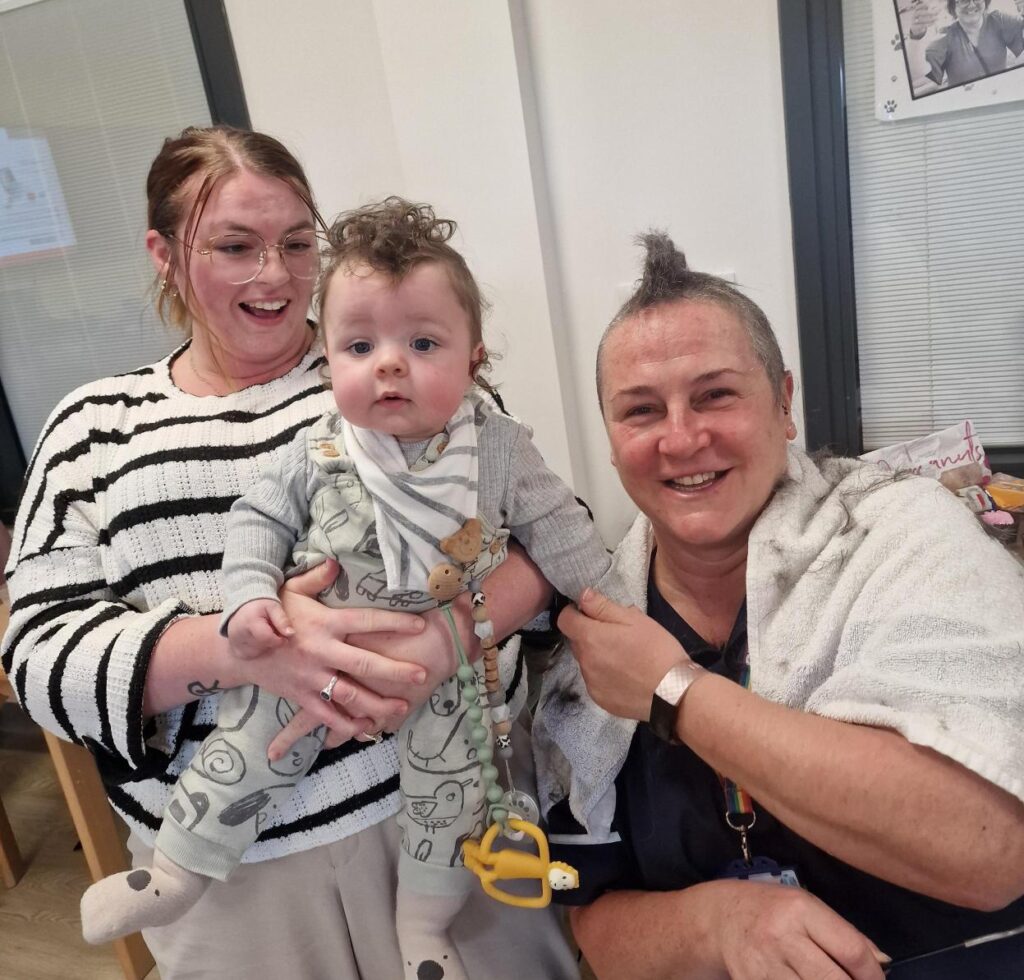Consultant’s contributions to medical education are recognised at the highest level.
Written by John Williamson on 13/11/2017
A consultant psychiatrist from Cumbria who has worked tirelessly to improve the quality of medical education in Cumbria has been awarded a Fellowship of the Academy of Medical Educators.
Dr Samuel Dearman is the Director of Medical education for Cumbria Partnership NHS Foundation (CPFT) and is the only person in the county to gain this prestigious recognition.
He said: “How can I be anything else but honoured as well as a bit humbled to be accepted as a Fellow of the Academy, and it is only right that I say thank you to everyone that I have worked with, everything that has been achieved is a result of team efforts. I have come to understand two things during my work in Cumbria.
“Firstly, we all need to understand that there is very little difference between our educational and clinical work, as education is the indirect delivery mechanism for all the care we provide. Investment in our learning benefits those we serve.
“Secondly, Cumbria sits at the tip of the north west of England, bordering different wider NHS institutions, which has its challenges but where we are does not define who we are, and certainly not how good we are at what we do, I might even go so far as it has some advantages.”
The Academy of Medical Educators is an international body that advances professional standards for all those involved in the educational and training of medical, dental and veterinary professionals.
Dr Andrew Brittlebank, the Medical Director of CPFT said: “Fellowship of the Academy is the highest level of membership and is only awarded to senior practitioners who demonstrate significant contributions and or achievements to medical education. The award of fellowship is only made after stringent examination of a person’s application. The improvements that Dr Dearman has made to the educational experience of our students, trainees and staff have been incredible and I am very pleased that his achievements have been recognised at the highest level.”
Dr Dearman added: “As the county presses forward towards an accountable care system, this brings with it numerous opportunities for new and innovative training posts and programs that we can do first in Cumbria as historical barriers can be overcome. As we do this we can increase our recognition for quality and innovation and it is this that makes it increasingly attractive to work for the NHS in Cumbria.”
Since he joined the Trust Dr Dearman has – among other achievements:
Led and improved the 5 year psychiatric curriculum with Lancaster medical school medical degree; ensuring learning needs met professional standards and the projected needs of the NHS. A process commended by the General Medical Council in 2014
Improved the way the training posts and the expectations of each were described to ensure that there is better information for trainees choosing posts as well as the learning objective’s that are expected. This work has been commended by the Health Education North West (HENW) and Health Education North East (HENE).
Developed a set of defined learning outcomes for psychiatry in order to improve quality and support objective setting for our most junior trainee doctors. These were commended, and are being adopted by the Northern Foundation School.
Developed trainee “Professionalism Forums”, bridging the learning gap between concepts and real life situational judgements. The sessions are consistently, excellently evaluated and in 2016 was prize winning at the Annual HENW Leadership Conference. His work on professionalism objective structured clinical examinations was presented to the UK Council of Teachers of Professionalism.
Written a text book to help trainees understand better how to use a portfolio for evidenced personal development and the role of reflective self-awareness.
Developed Trainer Development Forums which facilitate group reflection and share good practice based around a theme. This improves the trainers own reflective learning and self-awareness and thereby what is role-modelled within our learning environment. This approach has been commended by HENW and HENE for quality improvement.






